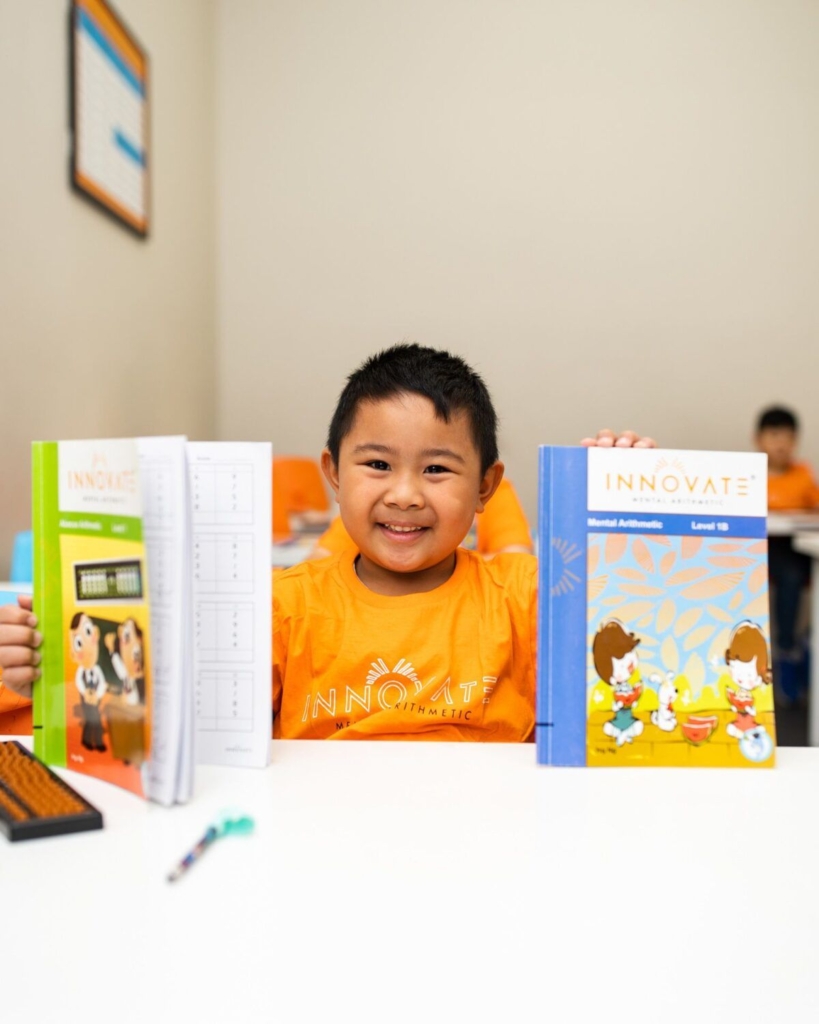Growing Grateful Hearts: Teaching Children the Value of Gratitude
In a world brimming with distractions, where wants often outpace needs, teaching children gratitude is one of the most powerful gifts a parent can give. Gratitude isn’t just about saying “thank you”—it’s about cultivating an outlook that recognizes a ...
Nurturing Strong Bonds: How to Build Meaningful Relationships with Your Children
Building a strong and lasting relationship with your child is one of the most fulfilling aspects of parenthood. It’s about creating a foundation of trust, love, and mutual understanding that supports them through life’s challenges. While every child ...
Building Bridges: Enhancing Communication With Your Children
Parenting comes with its fair share of joys and challenges, and communication is often at the heart of both. Good communication is more than just talking—it's about creating an environment where your child feels seen, heard, and valued. Here are prac ...
How To Calm Overactive Children
Parenting energetic, spirited, and overactive children can be both a joy and a challenge. Their endless curiosity and boundless energy fill homes with life but can sometimes leave parents and caregivers feeling overwhelmed. Whether it's at bedtime, d ...
Encouraging Young Children to Embrace School Work: A Guide for Parents
Every parent wants to see their child succeed academically, but getting young children to do their school work can sometimes be a daunting task. However, with the right strategies and a positive approach, parents can foster a love of learning and hel ...





